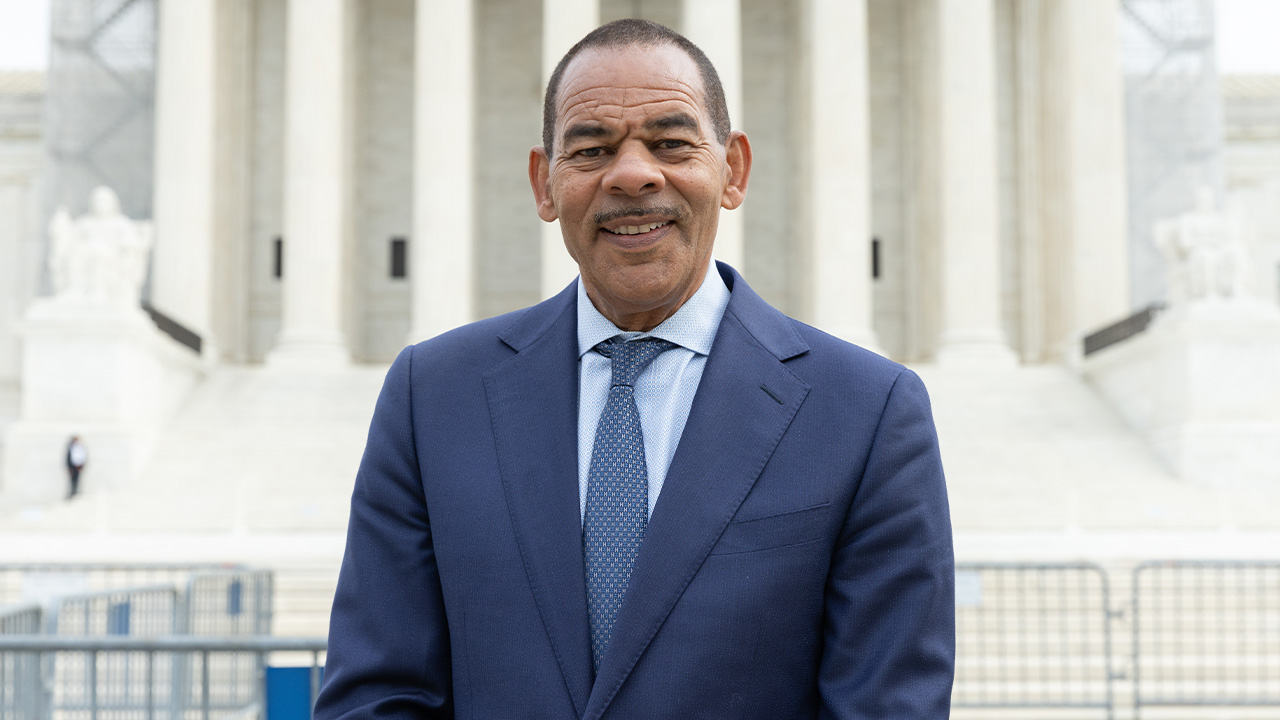On November 4, 2021, the U.S. Department of Labor’s Occupational Safety and Health Administration (“OSHA”) issued an Emergency Temporary Standard (“ETS”) aimed at protecting workers from coronavirus. OSHA indicates that this guidance will increase protections for more than 84 million private-sector workers. The ETS covers employers with 100 or more employees-firm or companywide- and provides options for compliance. So, this is likely to affect many Country Clubs, as Country Clubs often employ their own staff as opposed to hiring a staffing or management company. It may also impact large condominium or homeowners associations if they directly employ 100 or more people or if their management company does and the association has an indemnity obligation in the management agreement. The ETS, which is set to go into effect on November 5, 2021, requires covered employers to do the following:
- Survey the workforce and determine the vaccination status of each employee, which includes obtaining acceptable proof of vaccination status from those staff that is vaccinated.
- Create a protocol for testing for unvaccinated employees, which requires testing for COVID-19 to occur at least weekly.
- Require that employees who are not fully vaccinated to wear facial coverings when indoors or in a vehicle with another person.
- Require employees to provide prompt notice of a positive COVID-19 test, and immediately remove that employee from the workplace, regardless of vaccination status, until they meet certain negative testing criteria.
In essence, the ETS requires all employees of covered employers to become fully vaccinated or else be required to submit to weekly testing. The ETS requires covered employers to provide paid leave for employees to get vaccinated (up to four hours) and an unspecified amount of paid sick leave for employees to recover from the side effects of the vaccine. The ETS does not require covered employers to pay for the vaccine itself. For those employees who choose not to be vaccinated but instead submit to weekly testing, the expense of testing is borne by the employee, not the employer. The ETS also does not apply to those employees who work exclusively outside, remotely from their homes, or in workplaces with no other people.
The ETS indicates that there will be a 30-day period for employers to put together their policies, survey the workforce, and notify the employees of the policy. As such, the deadline for employers to comply will be December 5, 2021. There is a 60-day grace period before weekly testing must begin. Thus, by January 4, 2022, all employees within covered employers will need to either be fully vaccinated or begin weekly testing. The ETS allows OSHA to “separately cite employers for each instance of the employer’s failure to protect employees and for each affected employee, where appropriate.” Fines could amount to $14,000 per violation, with the potential for multiple citations per business. Violations that could lead to fines include not only failing to implement the ETS requirements but also knowingly accepting fraudulent or falsified proof from employees.
Employers should also be prepared to respond to requests for accommodation for disabilities or sincerely held religious beliefs, as both are acceptable exemptions to the ETS requirements. Country Clubs and all covered employers should immediately begin developing a plan to effectively administer the policy, as well as keeping track of the data required to be maintained by the program. Given the expectation that some employees will oppose this program at all costs, employers should anticipate a loss in the workforce and should consider ways to ease the burdens that this program may have on employees by, for example, paying for or providing the tests to employees on-site, or offering other incentives to becoming vaccinated. It is certain that there will be significant litigation over the implementation of this policy, including states, such as Florida, challenging the federal government’s ability to implement the ETS. However, until such time as there is a judicial decision to the contrary, we recommend that employers should operate under the requirement of the ETS. Should a Country Club or other covered employer have questions about the effects and implementation of the ETS, they should contact qualified legal counsel for advice.
– Daniel A. Weber, Associate Attorney at Sachs Sax Caplan P.L.













